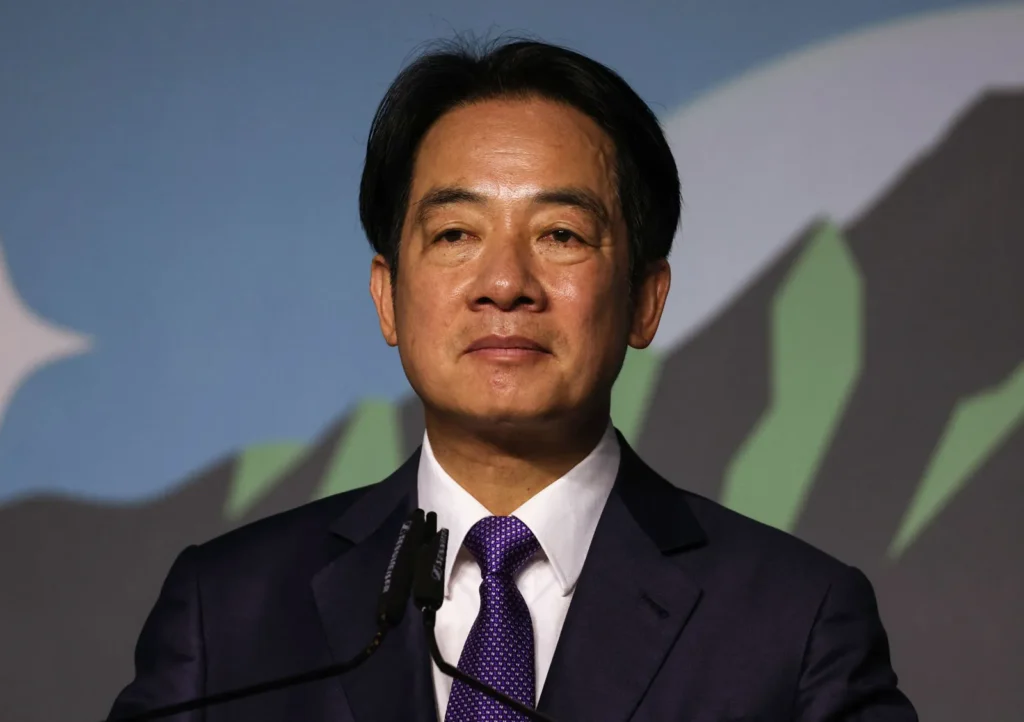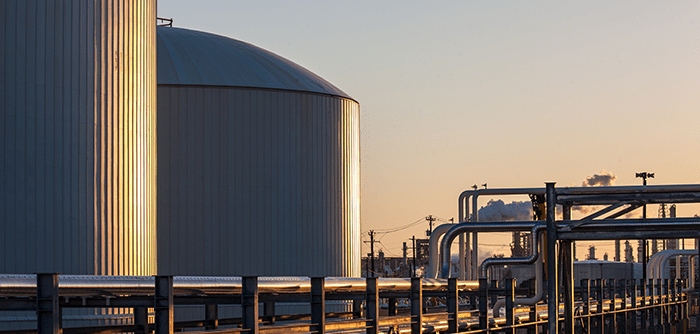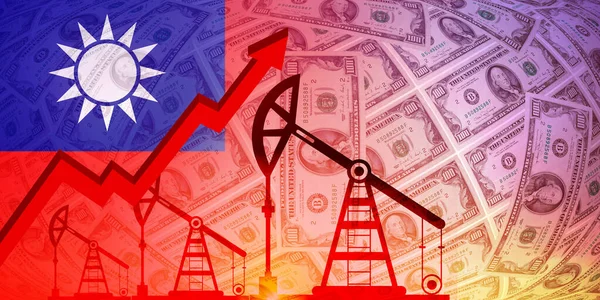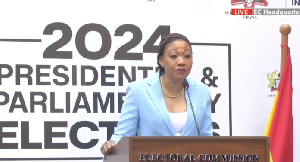Taiwan has pledged to increase its imports of U.S. oil and natural gas as part of ongoing tariff negotiations with the Trump Administration.
Taiwanese President Lai Ching-te emphasized the importance of these energy purchases in bolstering Taiwan’s energy autonomy and resilience during a statement on Tuesday.
“Increasing purchases from the United States, including natural gas, oil, and other essential national energy sources, is not only the next focus of the tariff negotiations between Taiwan and the U.S., but also an important part of Taiwan’s efforts to strengthen its energy autonomy and resilience.”
Taiwanese President Lai Ching-te
Currently, the United States supplies about 10% of Taiwan’s liquefied natural gas (LNG) imports, a share the island nation is looking to expand significantly.
Earlier this year, Taiwan’s state-owned CPC Corporation signed a letter of intent to invest in the $44 billion Alaska LNG export project, marking a major milestone in energy cooperation between the two allies.
The agreement includes provisions for long-term LNG purchases, making Taiwan one of the first countries in Asia to commit financially to the massive American energy initiative.

The move was widely seen as an effort to secure reliable energy supplies while deepening economic ties with Washington.
However, the gesture did little to shield Taiwan from trade penalties. In early April, the U.S. levied a 32% tariff on certain Taiwanese goods—one of the highest imposed in the region.
Although the tariff has been temporarily suspended for 90 days, the development has cast doubt on whether energy deals alone can sway the Trump Administration’s aggressive tariff policies.
Despite Taiwan’s significant commitments to U.S. energy projects, it has not been spared from the Trump Administration’s tariffs. Taiwan was hit with a 32% tariff, which has been temporarily suspended for 90 days.
The tariff imposition highlights the complexities of trade negotiations, particularly for Taiwan, whose exports to the U.S.—predominantly semiconductors—vastly outweigh the value of its imports from America.
Taiwan’s Energy Resilience

President Lai’s administration has framed the increased energy purchases as a strategic move to enhance Taiwan’s energy security.
By diversifying its energy sources and strengthening ties with the U.S., Taiwan aims to reduce its dependence on other suppliers and build a more resilient energy infrastructure.
“Increasing imports from the U.S. is not just about trade—it’s about ensuring Taiwan’s long-term energy autonomy.”
Taiwanese President Lai Ching-te
Taiwan is not alone in its efforts to navigate the challenges posed by U.S. tariffs. Many Asian countries, including Japan and South Korea, are racing to pledge increased imports of U.S. energy in hopes of avoiding hefty tariffs imposed in early April.
Delegations from across Asia and Southeast Asia are currently in Washington D.C. to discuss trade terms and explore solutions to mitigate the economic impact of these tariffs.
Unlike Japan and South Korea, which have hesitated to commit to large-scale U.S. energy investments, Taiwan has taken a bold step by becoming the first early investor in the Alaska LNG project. However, this commitment has not shielded Taiwan from one of the highest tariffs in the region.
As Taiwan continues to negotiate with the Trump Administration, the outcome of these talks will have significant implications for its economy and energy strategy.
The temporary suspension of the 32% tariff provides a brief window for Taiwan to advocate for more favorable trade terms while demonstrating its commitment to U.S. energy partnerships.
Taiwan’s pledge to buy more U.S. oil and gas reflects its strategic focus on energy autonomy and resilience amid challenging tariff negotiations.
As the Trump Administration continues to prioritize deficit reduction, Taiwan and other Asian countries face the dual challenge of navigating high tariffs while securing reliable energy supplies.
READ ALSO: Ghana’s Foreign Minister Rallies West Africa to Reignite Pan-African Vision



















